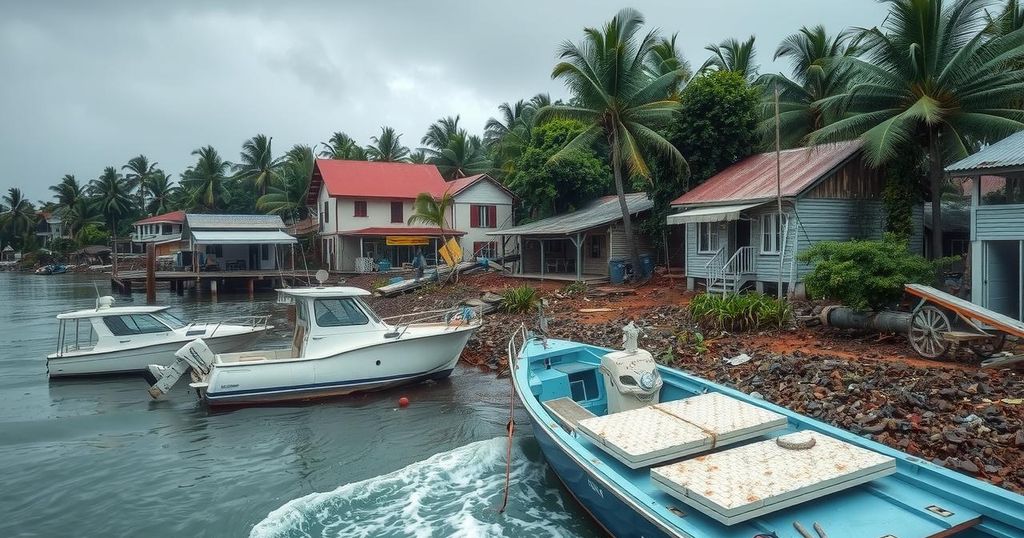Devastation in Mayotte: Cyclone Chido May Leave Thousands Feared Dead

Authorities in Mayotte anticipate a death toll from Cyclone Chido that may range from several hundred to a few thousand. The cyclone has caused significant destruction, and emergency responders are working rapidly to locate survivors amidst the devastation.
Authorities in Mayotte, an Indian Ocean territory of France, have warned that the number of fatalities from Cyclone Chido, which struck the island recently, could be exceedingly high. Prefect François-Xavier Bieuville indicated that the current official death toll stands at 14; however, he anticipates the number could rise to several hundred, possibly even thousands. The cyclone, which reached wind speeds of 226 km/h (140 mph) and caused storm surges up to 28 feet, has created a critical situation for local emergency responders. Rescuers, including teams dispatched from mainland France and Reunion Island, are urgently working to locate survivors.
Mayotte is located in the Indian Ocean, off the southeastern coast of Africa, and has a population exceeding 321,000 residents. It is one of France’s economically disadvantaged regions, with many inhabitants living in informal settlements, which were severely impacted by Cyclone Chido. The cyclone has led to considerable destruction and posed challenges for local authorities, particularly regarding the burial customs among the predominantly Muslim population, which may complicate efforts to accurately assess the death toll. Furthermore, the island has been a focal point in French immigration discussions, especially regarding asylum seekers from Comoros.
In conclusion, Cyclone Chido has resulted in catastrophic impacts on Mayotte, both in terms of the immediate loss of life and the broader implications for the recovery of the affected communities. As emergency services scramble to account for the missing and provide assistance to survivors, the potential for a considerably high death toll remains a pressing concern. The devastation highlights the region’s vulnerability to extreme weather events and raises important questions regarding preparedness and aid for marginalized communities.
Original Source: www.forbes.com






